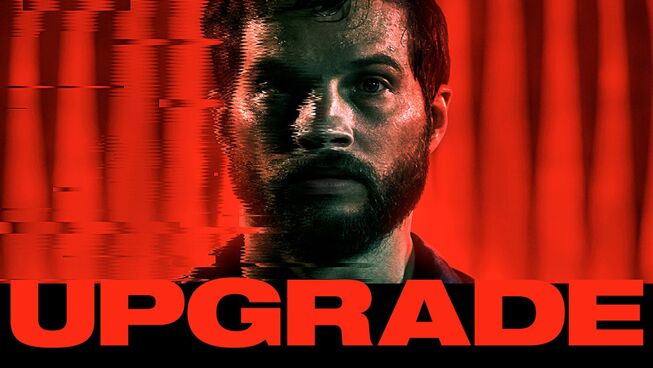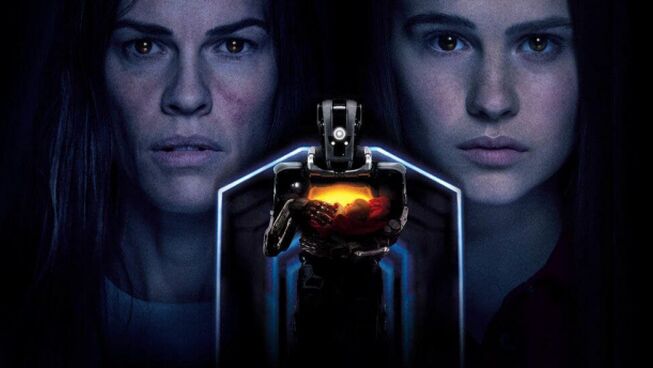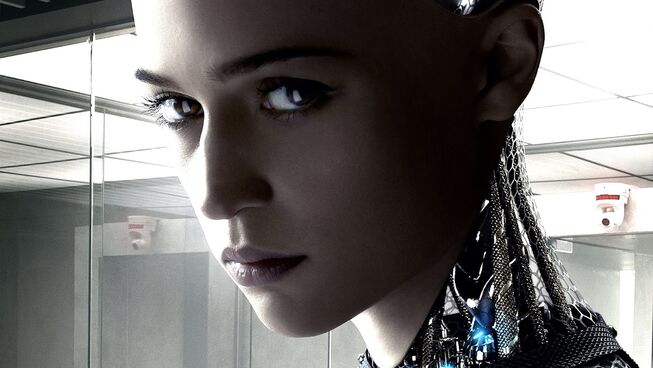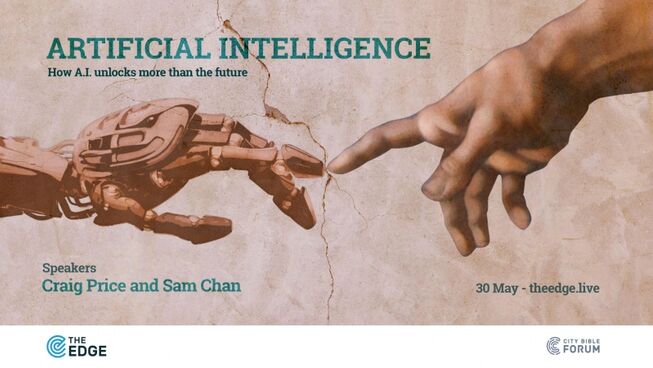
4 out of 5 stars
What is surprising about the film from Australian writer/director Leigh Whannell (Insidious: Chapter 3) is that it is a low budget film that was filmed in Australia, but it has received relatively little press attention in the land down under. Upgrade was picked up by Blumhouse Tilt productions (Split, Get Out) after being screened at the South by Southwest Film Festival. The hope is that it gets as much attention in its land of origin as it has around the world.
In the not too distant future, Grey Trace (Logan Marshall-Green) is a man who lives in the past. He restores antique cars for the benefit of the highest paying clients and prefers to stay clear of the latest technology. Even though his home is outfitted with the most recent technological advances because of his wife Asha (Melanie Vallejo) and her work in the biotech industry. This all changes one night when the couple is attacked while out on the town and the incident leaves Grey paralysed and his wife dead.
While the widower tries to adjust to his new existence, Grey is approached by a former client with a potential cure to his paralysis. Eron Keen (Harrison Gilbertson) heads up one of the leading tech firms in the world and has devised an experimental treatment that would allow the former high-end mechanic an opportunity to walk again. STEM is an artificial intelligence that works with every aspect of Grey’s human system and proves to be a successful solution to his physical limitations. During his recovery from the extremely invasive surgery, the new implant begins to speak to him and directs its new host to extract revenge on the man’s former attackers.
Films like this prove that quality productions are not reliant on excessive budgets, but show that creative camera work and equally imaginative storytelling can deliver strong cinematic experiences. Leigh Whannell has established his career in the horror genre with the Saw and Insidious films to his writing credit, but even though his latest production contains certain horror elements, Upgrade finds much of its influence coming from the worlds of science-fiction and fantasy.
Even though the premise has been seen before in the Matrix trilogy and the recent Self/less, this adventure manages to delve into new territory. By showing the bizarrely mixed emotions of the sheer elation and abject terror that would come with another entity controlling every action of a human. The screenplay provides a fresh perspective on a familiar storyline by exploring another aspect of the human psyche. Especially with the modern elements of biotechnology occurring in societies around the world, this manages to touch on a genuine anxiety experienced by audiences.
The effects and writing manage to lift this micro-budgeted film above the multitude of films on offer, but the weight of the production does fall abruptly on the shoulders of the Tom Hardy look alike, Logan Marshall-Green (Alien: Covenant). He manages to convey vulnerability and strength through the familial elements and the action sequences. Which has the majority of the film has him contending with STEM, making for a complex mix of empowerment, loss of control and humour to evolve into a fascinating study of the human experience. The additional performances of Betty Gabriel as the police attache and Benedict Hardie as the pseudo-villain do manage to add a human element to the virtual world Grey lives in throughout the movie.
Keeping in mind that Whannell developed his cinematic credentials in the realm of horror, his second film as director does contain excessive violence and mature language, which will cause some to pause when considering this film. For those willing to jump on for the ride, the young director does manage to utilise these elements to move the narrative forward. It is not just excess for the sake of excess. Upgrade is not meant for those with sensitivities to these elements, but should appeal to those who marvel at masterful storytelling within the limitations of monetary constraints. During this season of blockbusters, it is worth considering a smaller film like this one that still manages to entertain without blowing a budget that equals the GDP of a small country.
Reel Dialogue: Why are we fascinated with creating new life?
For some it is a means of proving their intelligence, for others it might be exerting their power and for many it is merely a curiosity that must be explored.
One of the answers to this question can be found in the study of the Bible. Based on the premise of the creator God who made all mankind in his image, it is no wonder that God’s creation would want to create. This desire manifests itself in art, food, clothing, housing and even into the sciences. There is a multitude of moral juxtapositions to wrestle through in this consideration of creating new life, but the very nature to create is ingrained in humanity.
The only challenge is that God continues to prove that he is the only one to get it right when it comes to the creation of humanity. So, is the desire to create new life merely a lesson in futility or too hard to deny? Discuss.
Questions
- What does it mean to be human? (Genesis 1:27, 2:5-25)
- As a creator, what was God’s purpose in creating mankind? (Isaiah 43:7, Colossians 1:16)
- Is God a perfect and flawless creator? (Genesis 3)







